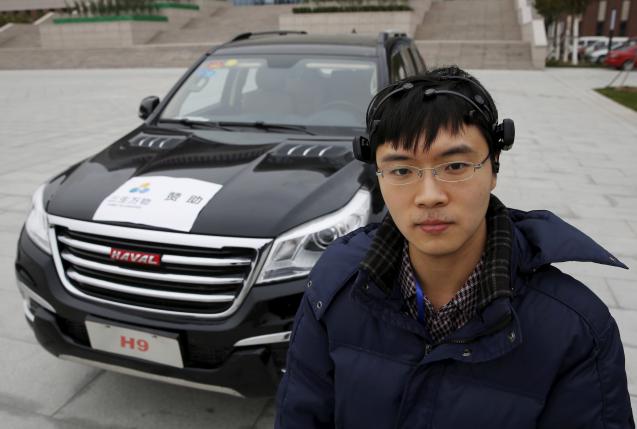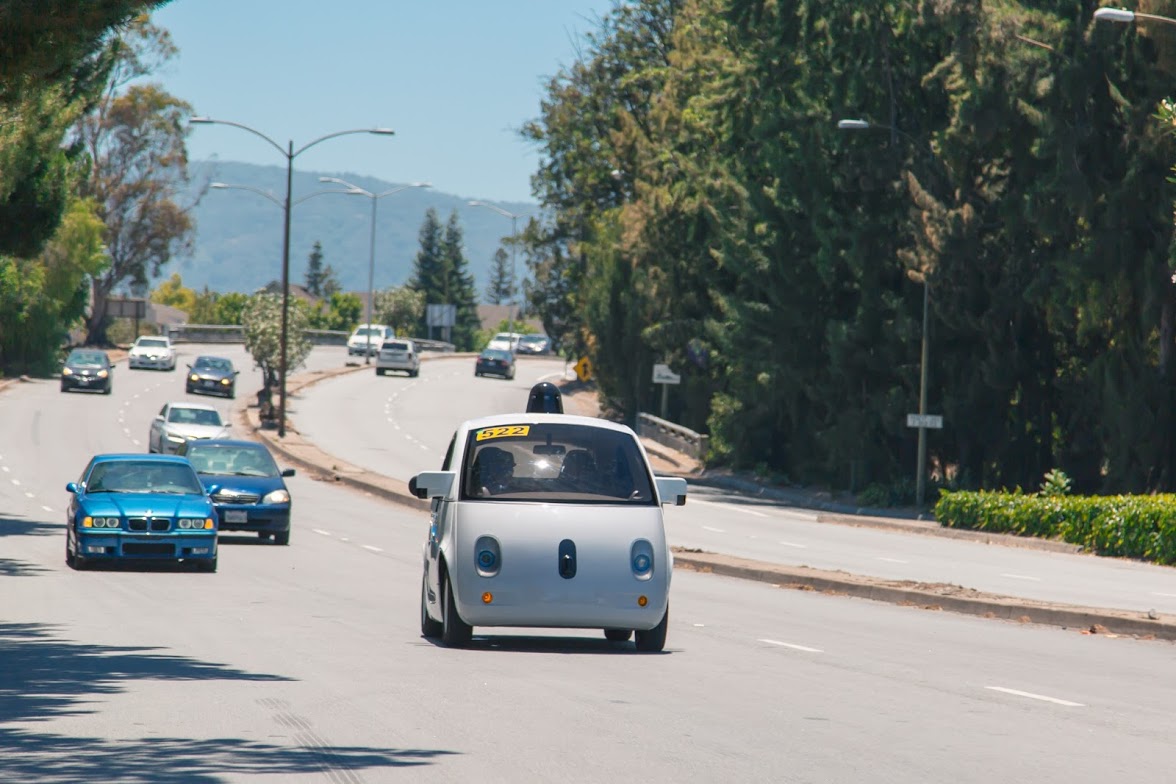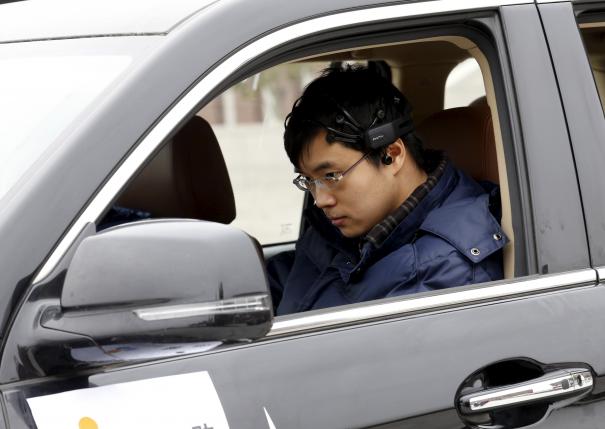Affiliate links on Android Authority may earn us a commission. Learn more.
Chinese researchers create mind-controlled car

If you ever needed any evidence that we’re living in the future, here you go. Chinese researchers have created a car that is controlled by what is effectively telepathy. The Nankai University research team in the city of Tianjin report that their investigation into practical detection of EEG signals has resulted in a vehicle that can be maneuvered while its driver sits motionless.

It sounds like science fiction, but it’s true. The driver wears a headpiece equipped with 16 sensors that detect electroencephalogram (EEG) signals which are then wirelessly sent to an on-board computer that interprets the driver’s intention. In a demonstration reported by Reuters, researcher Zhang Zhao drove the vehicle forward, came to a halt, put it into reverse, and locked/unlocked the vehicle – all without moving his arms or legs.

While undeniably cool as hell, one must immediately question the purpose of such technology. Associate Professor Duan Feng, who led the project, explained that the capabilities his team was developing are intended to be used in conjunction with driverless vehicles. While technologies such as Google’s Self Driving Car would control the bulk of an automobile’s on-the-road navigation, brain signal reading could be used as a means for the driver to seamlessly communicate intent to the vehicle. These combined technologies would give physically disabled drivers far greater mobility and control.
This project is still very much in its infancy and has focused on ferrying simple commands to the vehicle. The mind-controlled car cannot turn, for instance, and there aren’t any sort of plans to bring it to production. This technology is still very young, but I don’t think I have to trot out a bag phone and set it beside a Nexus 6P to demonstrate how initially clumsy technologies can grow.
What are your thoughts regarding China’s brain-controlled vehicle? Let us know in the comments!